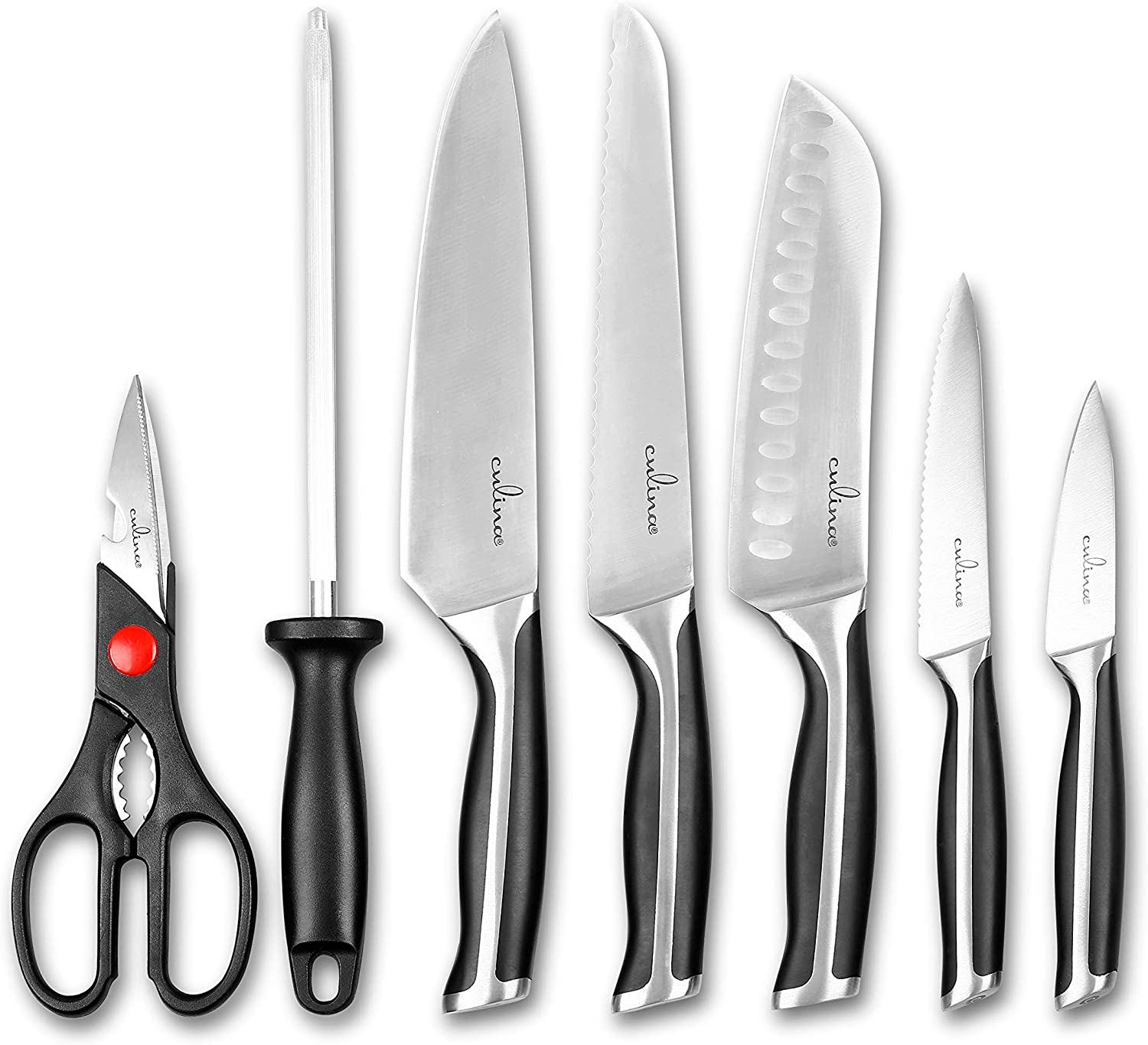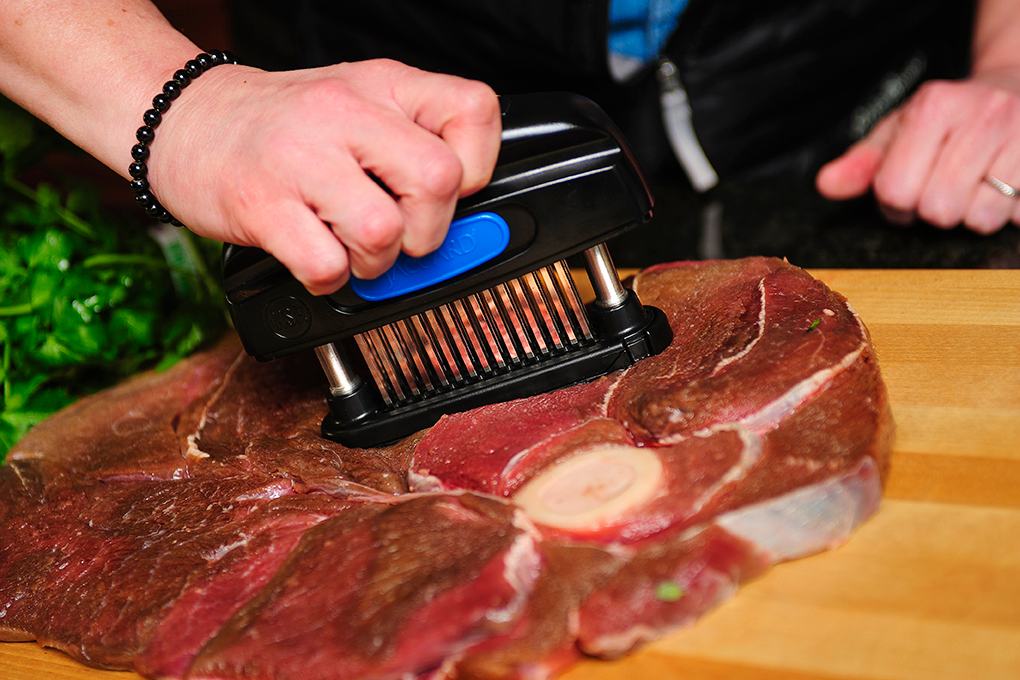If you’re a chicken lover, you’ve likely tried various methods to achieve that perfect, juicy meat. One common question arises: Why can’t you use salt with meat tenderizer? This might seem like a minor detail, but understanding the science behind it can make a tremendous difference in your cooking. In this article, we are delighted to delve into this intriguing subject to help you make the most out of your cooking adventures.

Understanding Meat Tenderizers
Before addressing why salt shouldn’t be used with meat tenderizer, its essential to understand how meat tenderizers work. Meat tenderizers are typically enzyme-based or mechanical tools designed to break down the tough muscle fibers in meat, making it softer and more palatable.
Enzyme-Based Tenderizers
Enzyme-based tenderizers use natural enzymes like papain (from papayas) and bromelain (from pineapples) to break down protein structures. This process relaxes the meat tissue, making it easier to chew and digest.
Mechanical Tenderizers
Mechanical tenderizers such as mallets or tenderizing needles physically break down muscle fibers. These tools create small cuts in the meat, reducing its toughness.

The Role of Salt in Cooking
Salt is a ubiquitous ingredient in cooking, used for seasoning and preserving. It enhances flavors by drawing out the natural juices of meat and helps in the browning process during cooking.
How Salt Works
Salt penetrates into meat through osmosis, a process where water molecules move from areas of low solute concentration to high solute concentration. This leads to moisture being drawn out, enhancing flavor but leading to drier meat if not used carefully.

Why Can’t You Use Salt With Meat Tenderizer?
Combining salt and meat tenderizer can be counterproductive. Heres why:
Conflicting Processes
Salt draws out moisture from the meat, whereas enzyme-based tenderizers require moisture to break down proteins effectively. When used together, salt can inhibit the tenderizers effectiveness by reducing the available moisture.
Best Practices for Using Meat Tenderizer
To get the best results from your meat tenderizer, follow these guidelines:
Use Separately
Apply the meat tenderizer first, allowing it to work for the recommended time. Rinse it off, then add salt just before cooking.
Timing Matters
Timing is critical. Use meat tenderizer well in advance, but season with salt as near to the cooking time as possible.
Conclusion
Understanding why can’t you use salt with meat tenderizer can help you achieve a perfectly tender and flavorful chicken. For further reading on using meat tenderizer, you can check this resource. Additionally, you can explore fantastic chicken recipes like cooking chicken livers in air fryer, cooking parmesan crusted chicken, and cooking chicken drumsticks in air fryer.
FAQ
Can I use salt after using a meat tenderizer?
Yes, it is recommended to use salt after you have used and rinsed off the meat tenderizer.
Can mechanical tenderizers be used with salted meat?
Yes, mechanical tenderizers can be used regardless of salt as they function differently from enzyme-based tenderizers.
Is it fine to use both salt and tenderizer on chicken?
It is fine as long as they are used at different times in the preparation process.
As an Amazon Associate, I earn from qualifying purchases.








